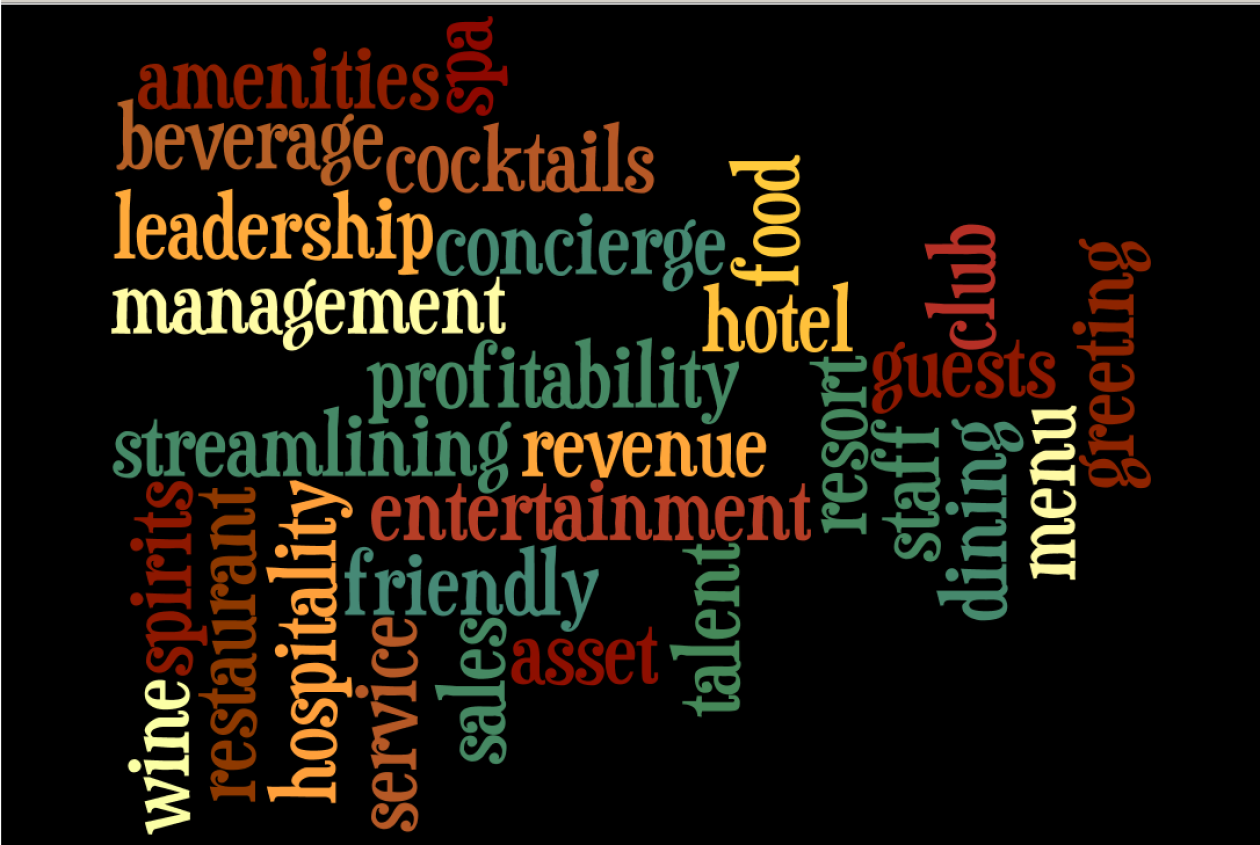So if it came down to it, what would you choose? Would you rather have high performing staff members on your team or loyal staff members? Both you say? What if you could not have both; what if you had to choose?
I have had the privilege of working in many diverse and unique work environments, from companies with corporate cultures of promoting loyalty by accepting mediocrity and conversely in corporate cultures where performance was the only meaningful factor – darned be loyalty!
So what is the right approach?
I “love” this approach that some organizations use of promoting loyalty by accepting mediocrity. In essence they are saying: Hey! It’s OK to only give 75% of what you’re capable of, just as long as you stay loyal to us, just as long as you do not bad-mouth us, just as long as you have our back we will have yours. Well, that’s how communism works in practice. It creates a culture of everyone watching over each other, where workers simply “milk” the system and do what is barely required in order to get by and live a life of mediocrity. This is very sad and disheartening, because companies create worker bees and automatons rather than individual self thinking performers. It’s like in one of those black and white Kafka movies (don’t know what I mean – Google it). It creates an environment of entitlements, of becoming totally dependent on the company, the system and the process!
You may remember that saying of what would you choose: A hundred years as a sheep or a single day as a lion?
On the other hand, the issue with high-performance organizations, is that the corporate culture rewards top performance, but staff teams may feel under-appreciated and that the relationship is not a two way street. In such environments, where you are only as good as your last quota, where the slate gets wiped clean every month or every fiscal period, everything becomes very transient – there is no past but only the future.
Sadly enough, such organizations create environments where the pressure to deliver becomes almost insurmountable. Such companies, can and typically do grow exponentially, but at what cost? Unfortunately, the human one: there is no trust, no loyalty.
Not sure with which of the two scenarios you may identify with. As you may guess I am a proponent of the latter:the top performing culture, albeit with one minor or major (depending on how you look at it) adjustment – APPRECIATION!
True loyalty comes not from money, from cushy jobs, from exceeding quotas and achieving results through whatever means necessary – it comes from appreciation! A genuine feeling of a job well done, that what you do has meaning and purpose and that one is not a number or a quota on a wall – but rather a free thinking individual whose efforts are contributing toward the greater good of the team and organization overall.
So which would you choose? I have always chosen performance over everything – though with some appreciation along the way!
Regardless in which environment you may find yourself in, there are always two things you can do! Either you do it or you don’t!
At Your Service,
Aurelian
